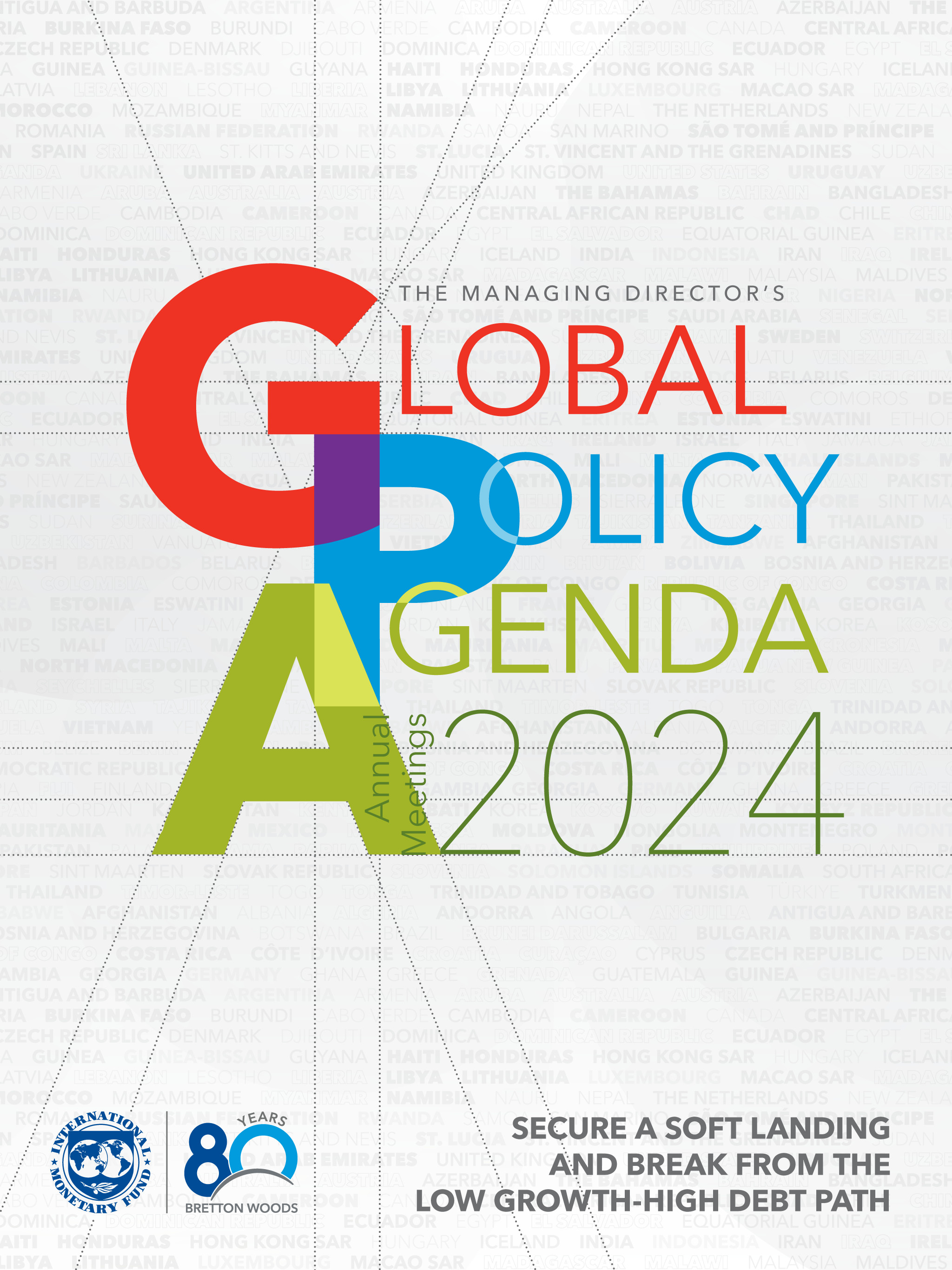The Multilateral Aspects of Policies Affecting Capital Flows - Background Paper
October 24, 2011
Summary
The case studies document the regulatory and supervisory dimension of episodes during the recent crisis involving capital flows that generated systemic stress. Source country regulation and supervision is the main focus, although recipient country policies also were important in some cases and are thus covered as well.<br /> <br /> Three of the case studies are motivated by systemic stress that arose from flows between advanced economies. Strong demand by foreign investors for U.S. financial products helped drive gross flows between the United States and other countries, especially Europe, and induced the U.S. financial sector to develop products that transformed their risky assets into highly-rated securities. In turn, large European banks came to depend on short-term liquidity provided from the U.S. These two-way capital flows created a complex web among markets and institutions, some regulated and some not. Against this background, case studies were prepared for European banks and U.S. money market mutual funds (MMMFs) and for German banks and U.S. mortgage-backed securities (MBSs). Another important case is that of the near failure of the American International Group (AIG), which turned out to have complex and systemically cross-border linkages with other global institutions and markets.
Subject: Background papers, Bank supervision, Banking sector, Capital flows, Capital inflows, Cross country analysis, Emerging markets, Europe, Insurance supervision
Pages:
---
Volume:
---
DOI:
---
Issue:
---
Series:
Policy Papers
Stock No:
---
ISBN:
---
ISSN:
---





